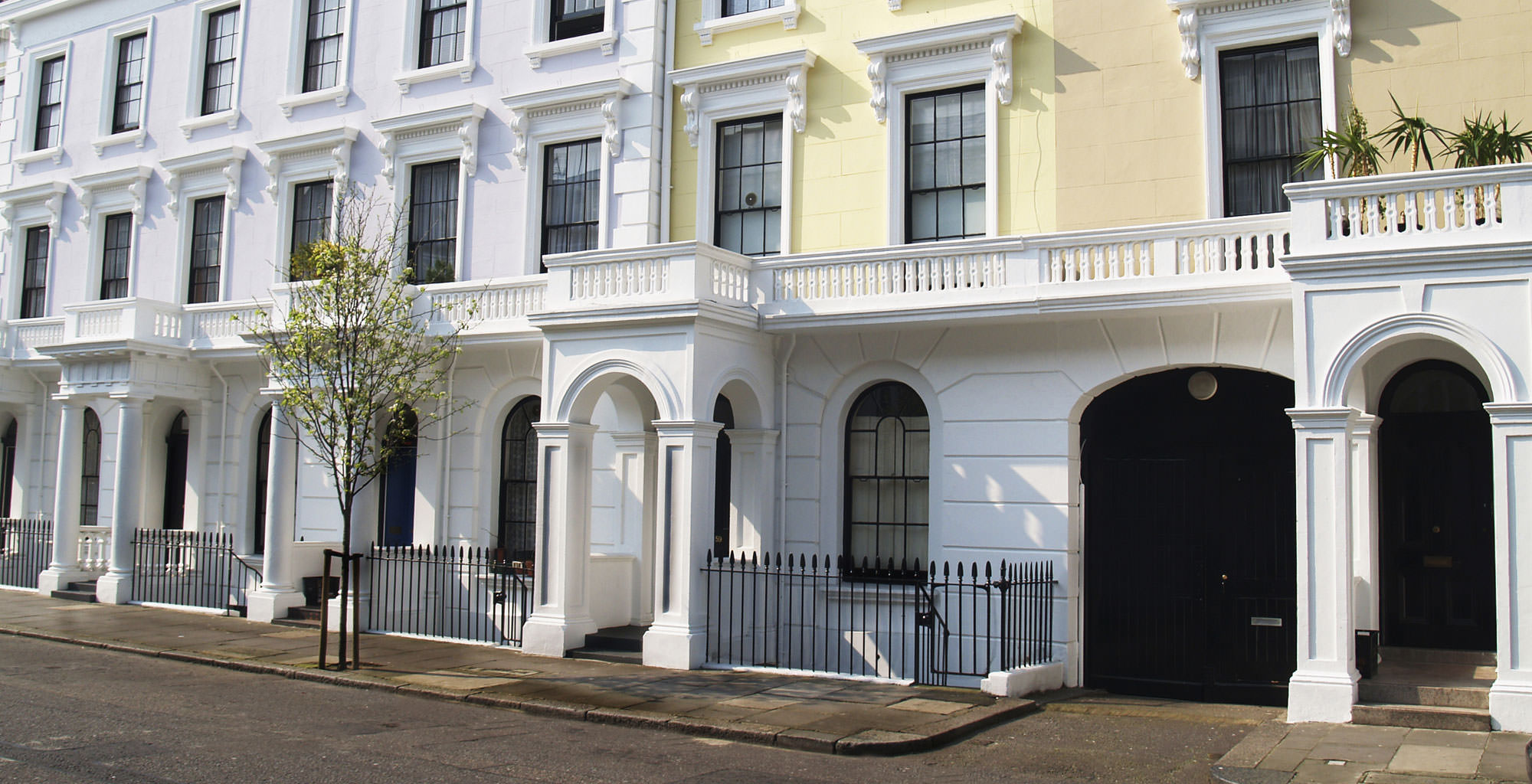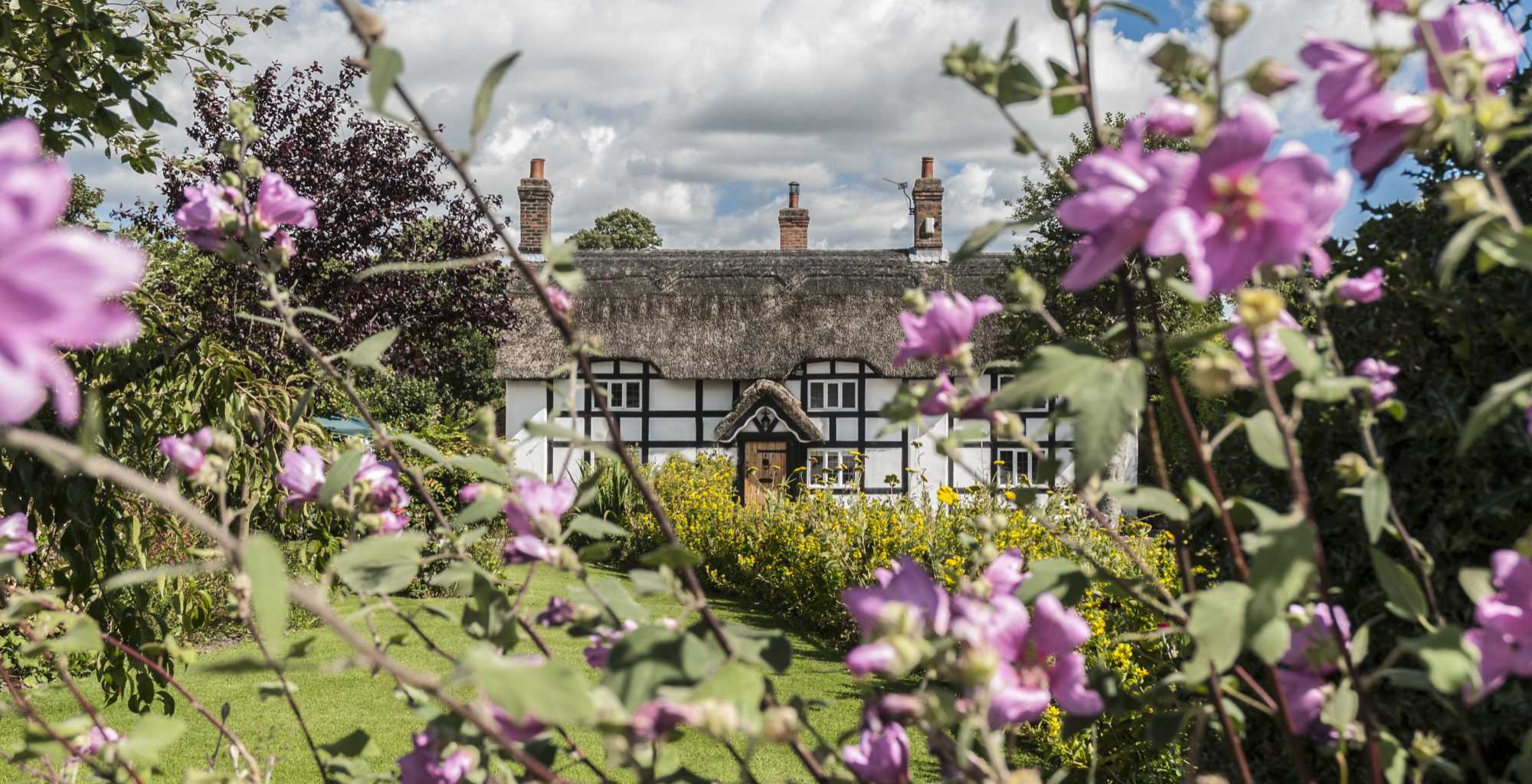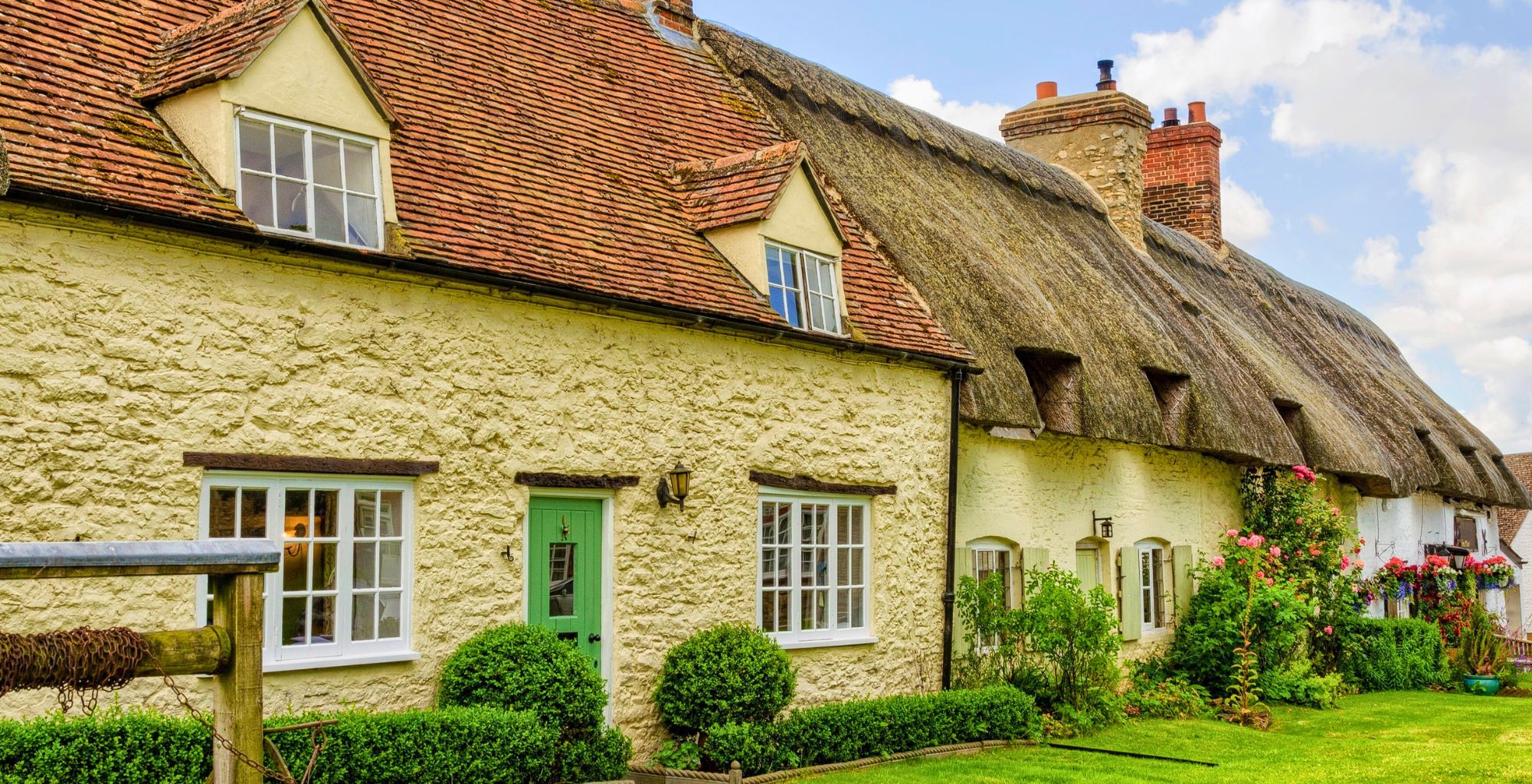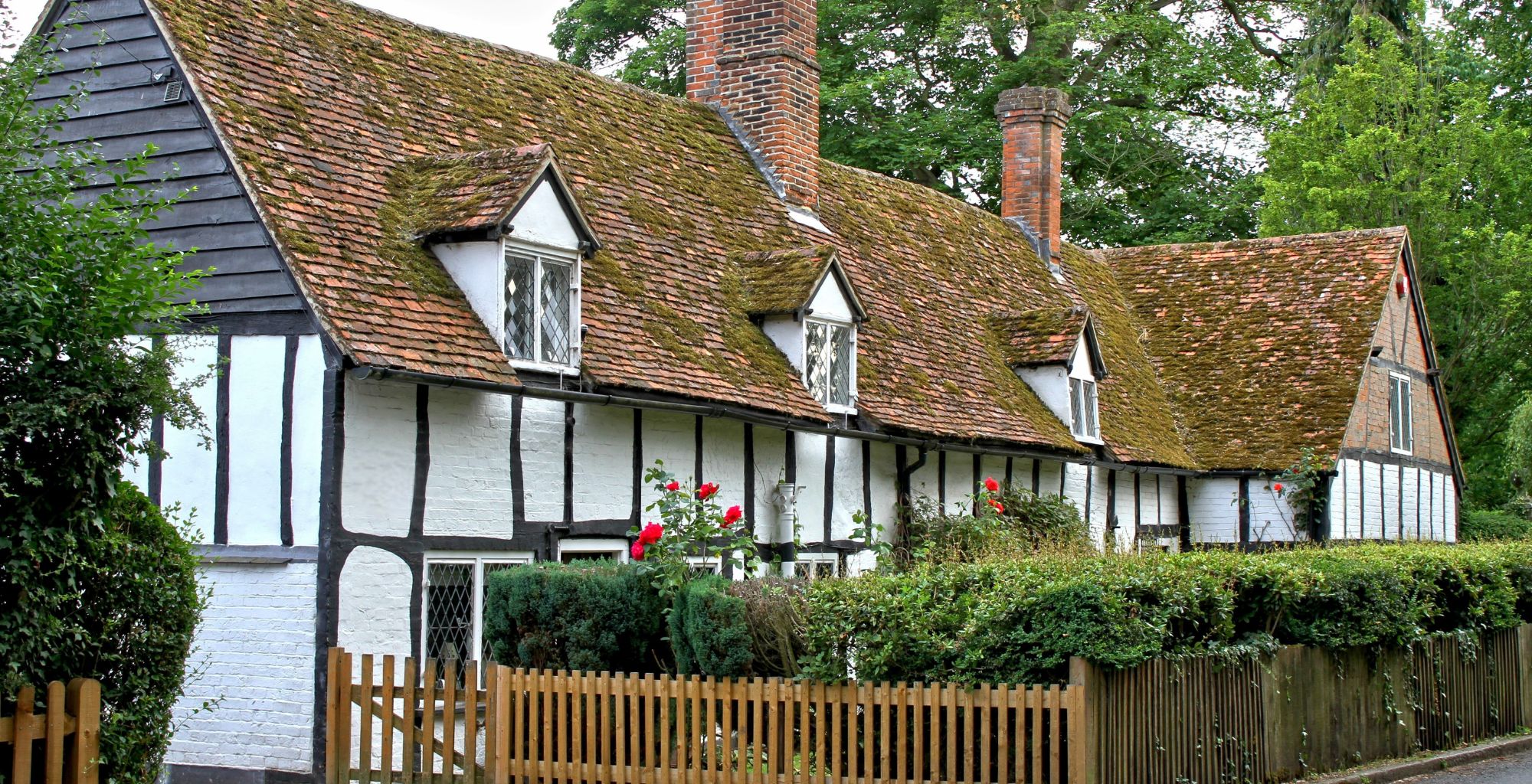Are you considering a move to the North West and want to know where the best places to live...

Leasehold vs Freehold
Whilst most houses are freehold, flats and especially those within period conversions or apartment blocks are usually leasehold. Understanding the different types of property tenure and the implications of each is important when purchasing a property.
Whilst some view leasehold properties as less desirable, so long as it is a good length lease and the charges are reasonable they should not be overlooked. You can also purchase a property with a share of the freehold which can often be a better position than purchasing a leasehold. Throughout Britain it is most common for flats to be leasehold.
What does freehold mean?
Essentially buying a freehold property means you will own the property and the land it sits on in its entirety. Whilst you won’t have to pay any ground rent or service charges, you will have responsibility to maintain the entire building.
Most houses are freehold, unless you’re buying within the estate of a stately home or similar then the house might be leasehold. Some newly built houses are also leasehold so be sure to check the property particulars when considering a property and if it isn’t clear ask the selling agent before proceeding to purchase.
What does leasehold mean?
Properties sold as leasehold have a contract in place with the freeholder. These contracts are usually originally set up with a long lease of around 125 years but can be set up with as many as 999 years.
The number of years remaining on a lease when you purchase a property is important as to extend the number of years on a property with a short lease can be costly. A lease with 80 or less years remaining is worth significantly less and in some cases lenders will not consider a property with a short lease.
In most cases Leasehold properties are no less desirable than freehold, the reality is that you are unlikely to still be living in or owning the property in 125 years’ time.
When purchasing a leasehold property your solicitor will receive a copy of the lease document which will include the legal rights and responsibilities of both the leaseholder and the freeholder.
It is often the case that the freeholder will charge a reasonable ground rent along with a service charge which contribute to maintenance and upkeep of the building and communal parts. Buildings insurance is usually arranged by the freeholder and the service charge also pays towards this.
There can be restrictions within the lease such as restrictions on subletting, owning pets or doing works to the property so it is important to read the documents sent to your solicitor and ask questions if you’re unsure.
In some cases the lease can be outdated, especially those that are over 100 years and it might be relevant during the purchasing process to amend the lease, within reason. Your solicitor will be able to provide guidance and advice on this as each purchase is unique.
Service Charge and Ground Rent
The lease document will set out information about the service charge and how it is spent. You can request to see receipts of work carried out ask for a summary to show how the service charge was equated.
The service charge will usually factor in the costs such as cleanliness and maintenance of the building and communal parts, servicing of any lifts and up keep of any communal gardens.
The service charge will also likely include a contribution for the buildings insurance which the freeholder has to arrange, you can request to see a summary of this insurance.
Most leaseholders have to pay a ground rent to the freeholder as a condition of their lease, it might stay the same throughout or increase according to a formula, full details of this would be included in the documents sent to your solicitor during the conveyancing
If your lease has been extended it is unlikely that you would be required to pay a ground rent and will likely have to pay a peppercorn, a low nominal amount, instead.
What is Share of Freehold?
Share of freehold usually occurs when all the leaseholders within a building decide to buy the freehold from the freeholder and then each own a share of it.
All owners will the share the responsibility for the upkeep of the building and its common-parts, there may still need to be a type of service charge paid by each owner to cover these costs and many common holders choose to employ the services of a management company to avoid any discrepancies.
Reserve or Sinking Funds
Many leasehold or share of freehold properties will have either a reserve or sinking fund in place, they do have slightly different purposes so it is important that your solicitor finds out about these and any information surrounding them with regard to their use.
Often put in place in case of unexpected necessary works they can be extremely useful to avoid a sudden large bill for works. There are strict rules as to how these funds should be managed.
You should not expect to have any of the money you put into the fund returned upon selling the property, these funds are set up to ensure everyone who lives in the property contributes during their time there regardless of when any works are carried out.
Leasehold vs Freehold
For certain properties it is far more appropriate to have a leasehold in place over a freehold and vice versa. With a leasehold or share of freehold it is important to understand the rules and responsibilities for each party prior to purchasing the property.
Our property finders can provide expert advice on property matters, offering you extra support especially when dissecting complicated documents and sieving through industry jargon. If you’d like to learn more about our property finding service please, contact us.



